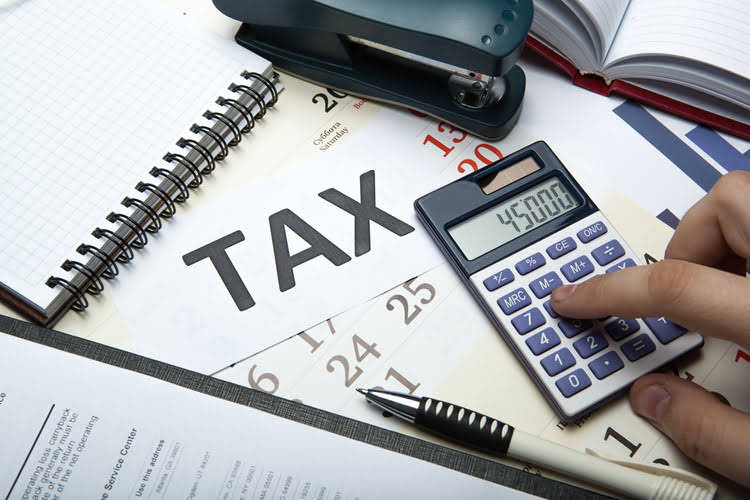
Consider opening a separate savings account specifically for tax payments to avoid dipping into your regular business funds. Regular and updated financial statements are beneficial for interior design firms. Investors and stakeholders demand transparent reports of transactions and the company’s financial growth, which can be provided through accurate financial reporting. assets = liabilities + equity These reports can also attract new investors by showcasing the company’s financial stability and growth potential.
- Do this by analyzing historical data and industry trends.
- If you don’t have the time or inclination, hire a professional who does.
- Such clarity in categorization not only facilitates easier tracking and budgeting but also enhances transparency during financial reporting and audits.
- It’s imperative for professionals to proactively monitor these alterations.
- Use professional invoicing templates or software to create and send invoices.
Hiring a Bookkeeper or Outsourcing Bookkeeping Services

We provide professional accounting services to businesses and individuals, with a focus on small business bookkeeping and taxes. Diligent bookkeeping can help you identify areas where you can avail of tax deductions or rebates on purchases and transactions. Timely and organized accounts will help the firm save money and boost profits.
See where you’re spending. Make smart decisions
- Given the numerous steps involved in each project, it makes sense for interior designers to track every process methodically.
- Take control of your business finances with confidence!
- Proper bookkeeping serves as a cornerstone for financial stability and successful loan applications in the competitive business landscape.
- This will protect your confidential financial information.
- Their familiarity with the nuances of the design industry can streamline financial processes, ensuring accuracy and relieving you of potential stress.
- While creativity fuels the heart of an interior design business, sound financial management is its backbone, ensuring stability, growth, and long-term success.
Efficient planning for maintaining balanced books and preparing financial statements is vital. Basic tools like MS Word and Excel fall short for growing businesses, but affordable accounting software tailored for business needs is readily available. Effective bookkeeping is vital for small businesses, enabling precise income and expenditure tracking, segmentation, and organization. This meticulous financial management not only fosters efficiency but also empowers businesses to plan for the future strategically.

You might want to hire a CFO for your interior design business if…

Then, you interior design bookkeeping can take proactive measures to address them. Additionally, proper bookkeeping helps you identify trends and patterns in your business finances. Daily bookkeeping is essential for organizing income, expenditures, bank statements, and other financial documents. Regular bookkeeping enables businesses to budget effectively, analyze performance, and identify financial discrepancies.
Software integration and setup
Yet, we firmly believe that behind every beautifully designed space lies a strong financial foundation. Investing time and effort into mastering bookkeeping can save you from financial headaches down the line. Bookkeeping for Veterinarians It provides you with the tools to track your cash flow, manage project costs, and plan for the future.

Managing Client Invoices and Payments
- They may also include expense categories like materials, subcontractors, and marketing expenses.
- This makes it easier to track where your money is going and claim deductions later.
- When you went to a client’s space, did you travel by car or take the train?
- By tracking, segmenting, and organizing all income and expenditures, you can plan effectively for the future.
Do you want to streamline your bookkeeping processes? In this comprehensive guide, we will delve into the art of bookkeeping. Mastering bookkeeping is essential for running a successful design business. It involves organizing your receipts, tracking expenses, and calculating your profitability. Tax legislations, regulatory shifts, and evolving industry benchmarks can significantly impact an interior design business.
